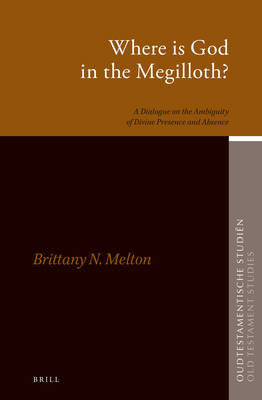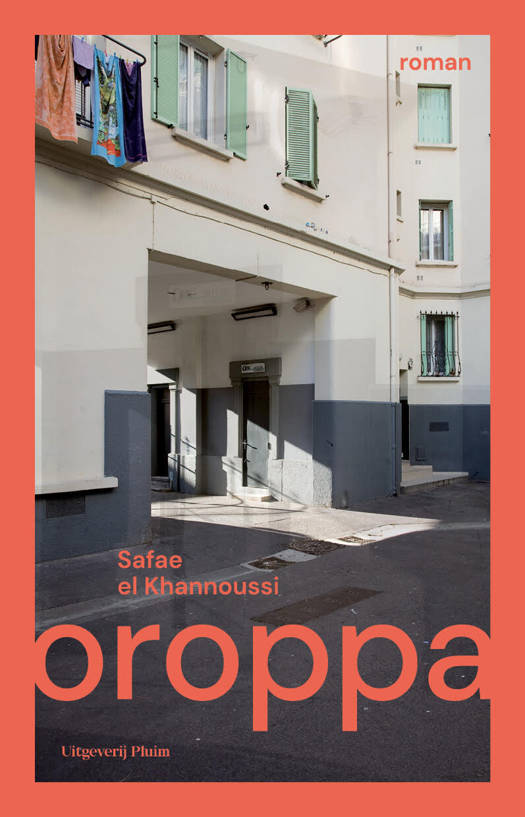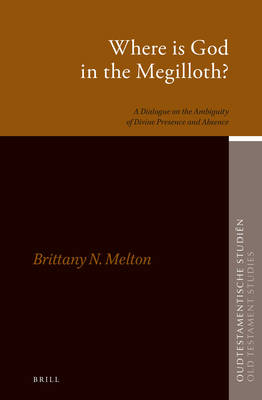
- Afhalen na 1 uur in een winkel met voorraad
- Gratis thuislevering in België vanaf € 30
- Ruim aanbod met 7 miljoen producten
- Afhalen na 1 uur in een winkel met voorraad
- Gratis thuislevering in België vanaf € 30
- Ruim aanbod met 7 miljoen producten
Zoeken
Where Is God in the Megilloth?
A Dialogue on the Ambiguity of Divine Presence and Absence
Brittany Melton
€ 190,95
+ 381 punten
Omschrijving
In Where is God in the Megilloth? Brittany N. Melton constructs a dialogue among Ruth, Esther, Lamentations, Ecclesiastes, and Song of Songs centred on this question, in an effort to settle the debate about whether God is present or absent in these books. Their juxtaposition in the Hebrew Bible highlights their shared theme of apparent divine absence, but, paradoxically, traces of God's presence are unearthed as well.
By examining various aspects of this theme, including the literary absence of God, divine abandonment, God-talk, allusive language, God's providence, and divine silence, it becomes clear that the ambiguity of divine presence and absence in the Megilloth presents a significant challenge to current conceptualizations of divine presence and absence in the Hebrew Bible.
By examining various aspects of this theme, including the literary absence of God, divine abandonment, God-talk, allusive language, God's providence, and divine silence, it becomes clear that the ambiguity of divine presence and absence in the Megilloth presents a significant challenge to current conceptualizations of divine presence and absence in the Hebrew Bible.
Specificaties
Betrokkenen
- Auteur(s):
- Uitgeverij:
Inhoud
- Aantal bladzijden:
- 236
- Taal:
- Engels
- Reeks:
- Reeksnummer:
- nr. 73
Eigenschappen
- Productcode (EAN):
- 9789004368705
- Verschijningsdatum:
- 1/06/2018
- Uitvoering:
- Hardcover
- Formaat:
- Genaaid
- Afmetingen:
- 160 mm x 236 mm
- Gewicht:
- 476 g

Alleen bij Standaard Boekhandel
+ 381 punten op je klantenkaart van Standaard Boekhandel
Beoordelingen
We publiceren alleen reviews die voldoen aan de voorwaarden voor reviews. Bekijk onze voorwaarden voor reviews.











